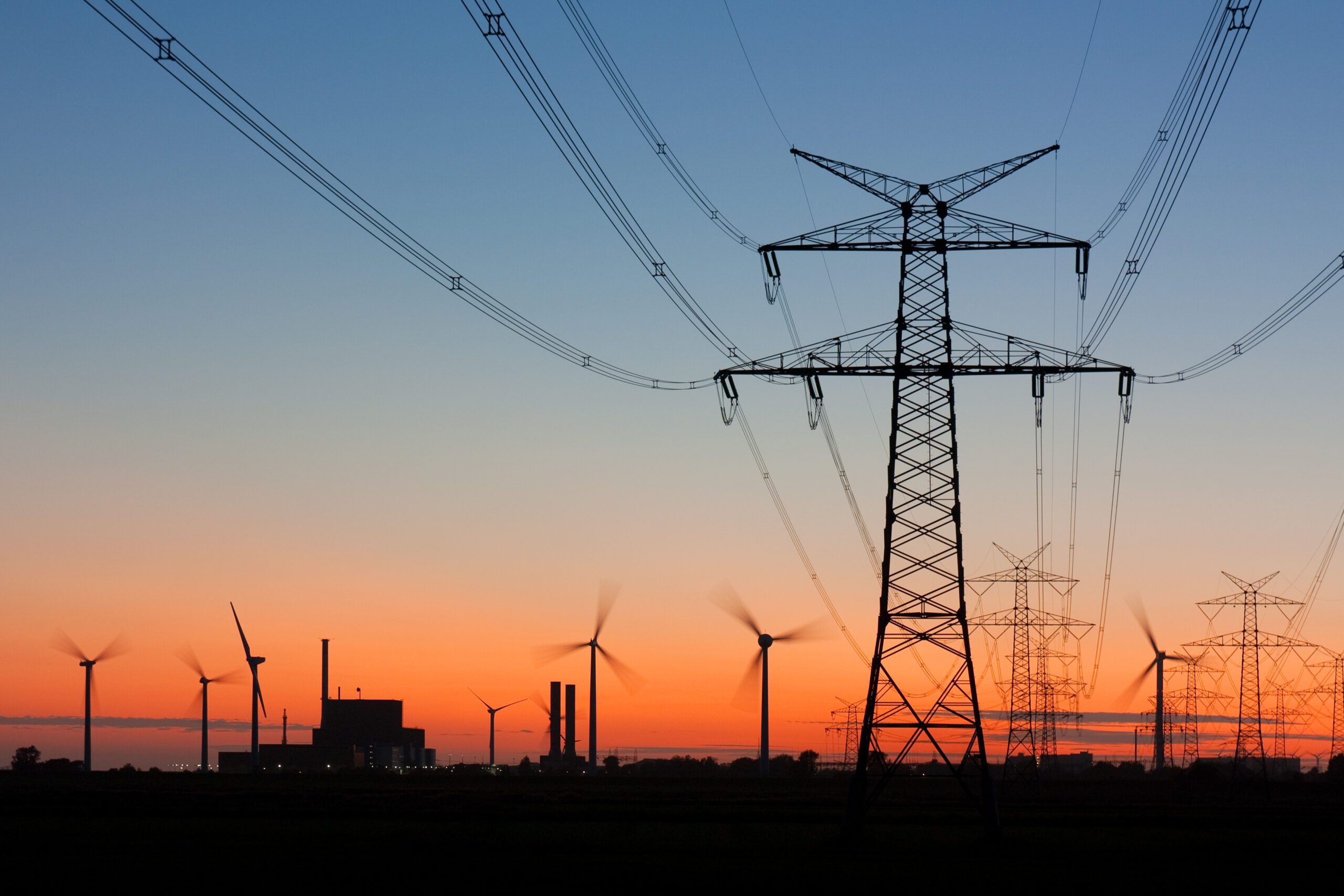
Is Africa the new hot spot for Data Centres?
Why choose Africa for your next data centre...
The rise of data centre demand
The demand for data centres has grown exponentially over the last few decades. New technologies and a focus on digital transformation for businesses have propelled the need for more space and faster connections than ever before.
Data centre’s boomed in the ’90s and 2000s as businesses rushed to have websites built, which were originally hosted on remote servers. Over the last ten years or so, cloud services have grown from large conglomerates like Microsoft, Google, Amazon and more, driving demand for increased data centre capacity.
The shift to cloud-based services was extremely beneficial for businesses that used data centres for a number of reasons. Firstly, it eliminated the need for on-site servers that needed to be maintained, and secondly, it helped to reduce business spend as servers usually came with a high upfront cost and ongoing maintenance costs.
Within the UK alone, there are 130 third-party data centre providers which serve around 910,000 m2 of data centre raised floor space and generate over 1,326MW of total power. Inspired estimates that around 908MW of energy is consumed by data centres in the UK every year, costing on average £78 million per annum.
There are no signs of demand slowing down and with net-zero targets to meet, data centres are adapting to reduce their energy consumption and overall impact on the environment.
Whilst there is a large and growing demand for data centres, more and more businesses are looking to find ways to reduce costs as well as energy consumption.
Cloud services have made it possible for businesses to store their information pretty much anywhere in the world, and access it through Content Delivery Networks (CDN’s). This has created an opportunity for data centres to explore cost-effective locations that they previously couldn’t access.
This has led to the “gold rush” data centre boom in Africa which is attracting business from all over the world. Namely, internet companies have noted the advantage in investing in Africa’s infrastructure which could result in a reduction of costs for data centres, in a largely untapped market.
Our experts believe that expanding into this market could contribute to reducing costs and overheads for UK data centre providers, whilst also supporting their carbon and energy efficiency goals.
Why choose Africa for your next data centre
Investment in Africa’s infrastructure is giving businesses around the world an opportunity to reconcile their server storage options. With its vast landscape and growing investment, the African Data Centres Association (ADCA) is reporting they will need to add 700 new data centres over the next few years to meet demand. This however will need to be supported by internet infrastructure with currently less than 1% of the world’s data centre capacity in Africa – around 200MW according to Xalam Analytics.
So why is there such a great opportunity for businesses looking to relocate their data centres, and why is Africa their best choice?
Broadband adoption
Firstly, and most importantly, broadband adoption in Africa has increased and is set to double over the next decade. The boom in network construction, traffic volumes exploding and the Internet Society’s goal of “Eighty for Africa”, whereby 80% of internet traffic should be exchanged locally, rather than having to route through other regions, is attracting more investment and attention in the data world.
Nigeria’s internet exchange has risen from 0.3 gigabits per second to at least 125 gigabits per second, around a 400% increase. Africa is also seeing investment from other global businesses like Facebook, who are building one of the world’s largest subsea cable networks to boost internet availability across Africa, Europe and the Middle East.
Considerably cheaper costs
Whilst initial investment comes at a steep cost, using African data centres will help reduce costs for businesses. As an example, the Nigerian internet exchange charges a monthly fee of $0.42 or around £0.30p per Mb/s compared to international data fees of more than $27 or almost £20 per Mb/s. This has meant an annual saving of tens of millions for businesses and continues to be a main driver to locate here.
The data centre market in Africa is expected to reach a value of $5 billion by 2026, at a compounded growth rate of 15% from 2021 to 2026. This is currently a new and emerging market and data centres are still in their infancy. Securing a place early could mean dramatically reduced costs for those businesses.
Investment in battery storage
As high energy-intensive users, data centres are looking for solutions to meet net-zero goals and invest in greener energy solutions. In South Africa, battery storage has seen significant investment after a recent tender process where up to 1,300MWh of grid-connected energy storage will be deployed through several large-scale projects.
The ability to store energy and pull from its resources as and when necessary will help support the supply and demand of the data centres energy consumption – without the need to rely on the grid. Data centres can choose to charge their battery storage when costs are at their lowest or even when the most amount of renewable energy is available on the grid. The Ministry of Mineral Resource and Energy has recently conducted a tender for up to 2GW of energy capacity that is needed to bridge the gap between demand and supply. Battery storage could be the answer.
Growing solar energy sources
Battery storage isn’t the only technology data centres are taking into consideration. Africa has soaring solar energy generation, with Morocco, home to Africa’s biggest solar project and South Africa hosting eight of the largest concentrated solar plants in the world.
Kenya and Nigeria have recently witnessed a huge traffic explosion after both countries adopted local data protection regulations in 2019. This in turn helped businesses have confidence about parking their data in those regions.
Data protection laws have been a necessity, particularly for data centre providers in the UK. Previously without regulations in place in other countries, moving the location of a data centre would be out of the question. However, if the adoption of data protection laws continues to grow across the continent, more and more data centres will be able to serve those in countries with data protection laws in place.
Is Africa the answer to cost-effective and energy-efficient data centres?
With all the elements considered, Africa’s growing infrastructure and green energy may be the answer for data centres around the world looking to reduce costs whilst also working to meet their net-zero targets.
With huge investments from worldwide organisations to support the implementation of faster and more reliable internet services, coupled with battery storage and solar power – this could be the perfect home for the world’s data.
An inspired choice
As the UK’s number 1 rated TPI (Third-Party Intermediary)[1], Inspired provides expert energy advisory and sustainability services to over 3,000 UK businesses. We understand the complexities associated with working your way towards net-zero, particularly for data centres.
We currently support over 130 data centre sites including enterprise, colocation and hyper-scale, so we have the knowledge and experience to support your business on its net-zero journey.
[1] Rated number 1 TPI in the UK in the I&C Index Ranking annually since 2018 – Cornwall Insight










